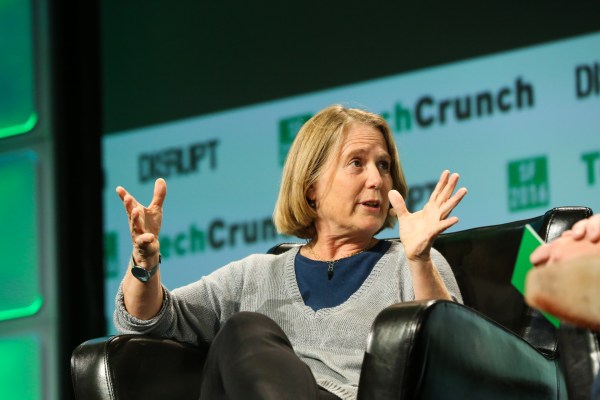Google announced several new products today aimed at luring IT pros who are using Windows in their data centers to the Google Cloud Platform.
With that in mind, Google introduced support for Microsoft SQL Server Enterprise and Windows Server Core on the Cloud Platform. In addition, the company announced support for SQL Server Always-On Availability Group for customers who are concerned about high availability and disaster recovery when running critical operations in a cloud setting.
What this means in practical terms is that IT pros can now launch pre-configured virtual machines running any of these products on Google Cloud Platform, and pay for them by the minute — or they can bring an existing SQL Server license they have already paid for.
Chris Sells, lead product manager for Google Cloud Developer Tools says this is part of a broader strategy to support Windows products on GCP. First of all, he says, it shows Google’s ready to take on enterprise customers running these Windows products. Secondly, it’s part of a bigger effort that began last year when Google began supporting other Windows products such SQL Server 2008 and 2012. Today’s announcement is just an extension of that.
Perhaps more importantly, it also provides an alternative for companies that don’t want to necessarily be tied to Microsoft but still need to run Microsoft products. “Microsoft provides these capabilities and they own Windows and SQL Server, but we are finding that lots of customers are looking for alternatives to Microsoft,” notes Sells. By providing these kinds of products, GCP is hoping to lure these people to their platform.
It’s part of a bigger story that began when Diane Greene came on board to run Google Cloud at the end of 2015. Greene brought with her years of enterprise experience, including her stint as co-founder and CEO at VMware. As Greene told TechCrunch last spring, the enterprise is “becoming a super interesting place” and she clearly wants to lead Google Cloud Platform to get a piece of that action.
Sells says they see this announcement as part of bringing Greene’s enterprise vision to fruition, and while it’s only a small piece of that overall enterprise push, it is part of a deliberate effort to capture more traditional enterprise marketshare and move it to Google’s cloud.
“We want to make sure we have a great place to put their data. If it’s in SQL Server and they want to keep it there, we support them,” he says.
